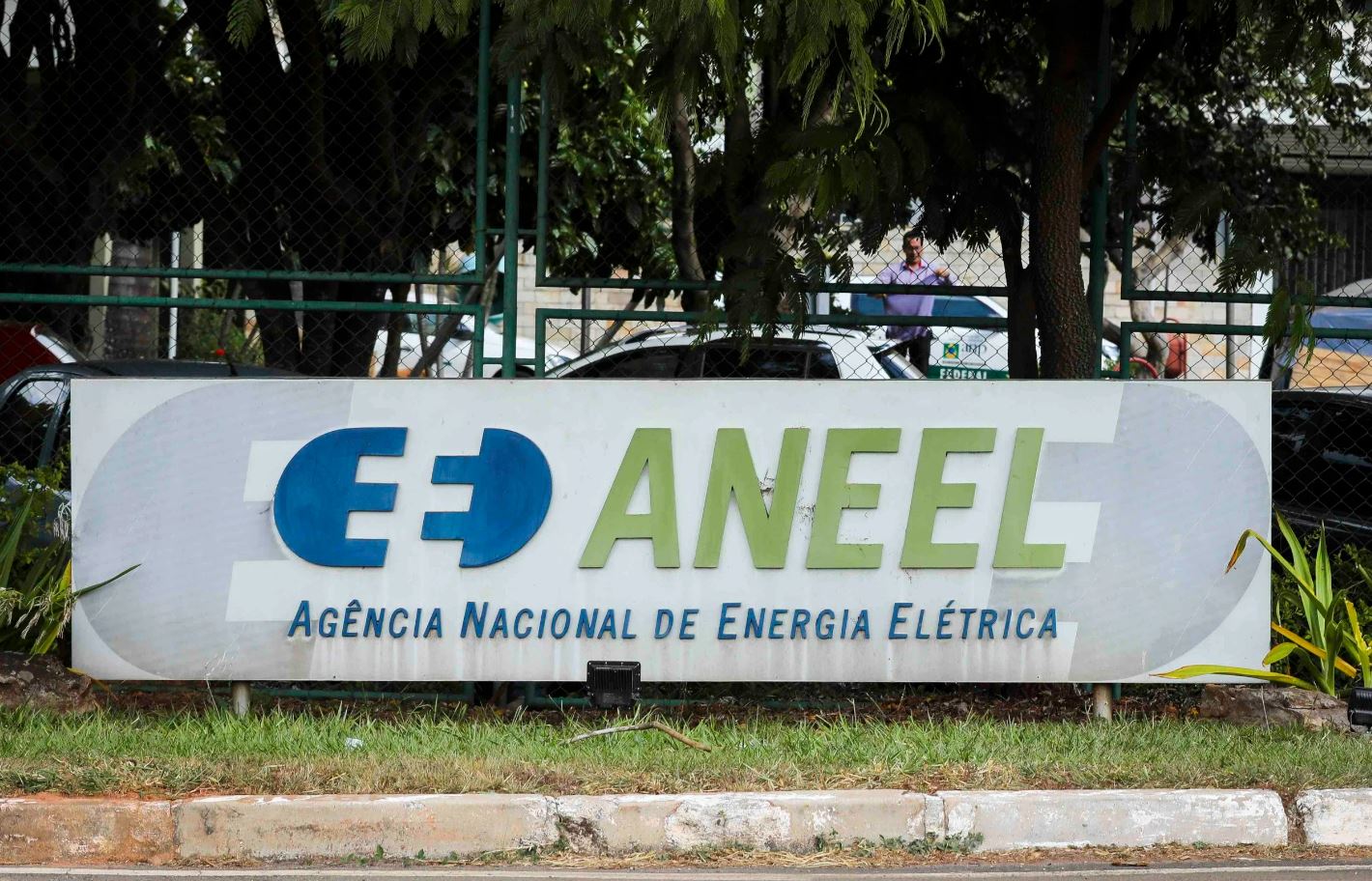Energy consumers in Brazil’s Northeast and North regions may have relief on their electricity bills with the new rules for calculating tariffs for the use of transmission and distribution systems approved by the National Electric Energy Agency (Aneel) on Tuesday, September 20.
The new methodology intensifies the use of the so-called “locational signal”, which means that all dimensions of grid use will be considered, such as the distance from the power plant to the consumer, and not just the volume of energy.
According to data from the regulatory agency, the new methodology should promote an average relief of 2.4% in energy tariffs for consumers in the Northeast and 0.8% for those in the North, reducing the payment for the use of the transmission grid by approximately R$1.2 billion (US$234 million) per year.

On the other hand, generators in these regions would have a higher cost. The effects, however, will not be immediate since the rule approved today provides for a transition period over five tariff cycles, from 2023 to 2028.
The decision, according to Aneel, aims to correct a distortion verified in recent years after the entry into operation of the Belo Monte Hydroelectric Plant and other generators in the North and Northeast regions.
The regulatory agency’s discussion comes weeks after the House of Representatives approved an amendment, through a Provisional Measure, that dealt with changes concerning the locational signal.
Unlike the deputies’ text, Aneel established that old enterprises should also pay for transmission considering the locational factor. As shown by Estadão/Broadcast, the MP should be discussed in the Senate on Thursday.
In a statement, the MP’s rapporteur in the House, Representative Danilo Forte (Union-CE), said the regulatory agency’s decision “represents an insult to the legislative process and the sovereignty of the National Congress.
According to him, the change makes transmission costs more expensive for plants far from major consumption centers, harming projects located in the Northeast.
“Disrespect is the word to classify this action. I and other parliamentarians made many attempts for a joint solution, with the participation of economic agents and society, built within the Legislative, which is the environment to discuss public policies.
“Instead, five directors decided for 513 congressmen and 81 senators, whose voting power was granted by the population,” he said.
The general director of the regulatory agency, Sandoval Feitosa, affirmed that Aneel complied with the law in force and only proceeded with a process that had been under analysis by the agency for months.
According to him, just like in this case, there are other discussions in Congress regarding issues involving the agency, highlighting that the agency has a defined regulatory agenda.
“Aneel does not make public policy. Aneel fulfilled its administrative rite. It is a discussion that has been here for 240 days. [The decision] needed to be made so that society knows Aneel’s position on the issue,” he said.
“I understand that Aneel’s decision does not interfere in any instance, neither in the Legislative nor in the Judiciary, because they are completely independent.
“Any decision taken in the Legislative or Judiciary sphere, Aneel will simply comply. There is no conflict. Aneel simply fulfilled its role,” he said.
With information from Estadão

